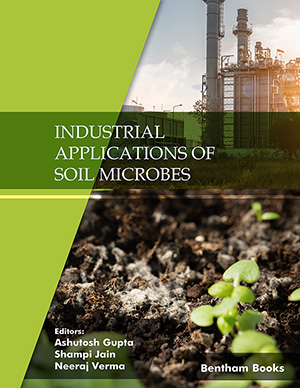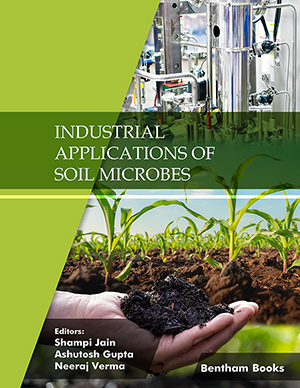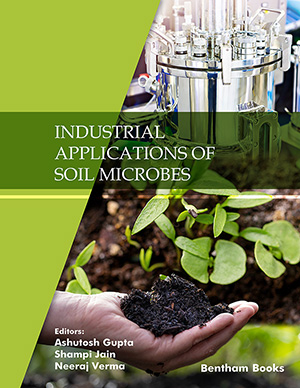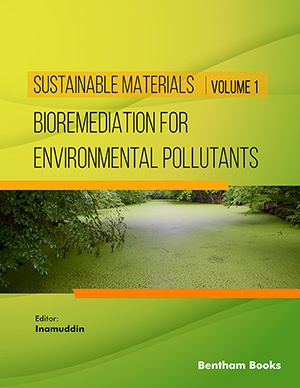Abstract
Soil is one of the main habitats of fungi and bacteria, and their interactions
with the host plant help and promote plant growth and productivity in agriculture.
Agronomists and environmentalists are focussing on sustainably managing the
agroecosystem by using plant growth-promoting microbes (PGPM). They include
bacteria called plant growth-promoting rhizobacteria (PGPR) and fungi referred to as
plant growth-promoting fungi (PGPF). Plant growth-promoting fungi (PGPF) are
nonpathogenic soil-borne fungi that establish a positive interaction with plants in the
rhizosphere. PGPF can improve crop productivity by improving seed germination
vigour root and shoot morphogenesis, and flowering through direct or indirect
mechanisms, which include solubilizing nutrients, regulating hormones, producing
enzymes, organic compounds, resistance to abiotic stress, and suppressing
phytopathogens. The utilization of PGPF can be considered an eco-friendly method of
improving crop production. The potential effective microbes may also be added in the
form of biopesticides and biofertilizers promoting the growth of plants. The use of new
biotechnological tools to aid genetic engineering of the PGPF has resulted in genetic
transformation and overexpression of synergistic action of one or more traits, which
could enhance plant growth, confer improved crop benefits, and produce sustainable
yield. The chapter describes the diversity of PGPF found in the soil and their role in
promoting plant growth and yield. The chapter also discusses the various mechanisms
of PGPF interactions with plants and their beneficial roles in promoting crop
productivity leading to sustainable agriculture.
Keywords: Biofertilizers, Crop Yield and Productivity, Soil Fungi, Sustainable Agriculture.






















